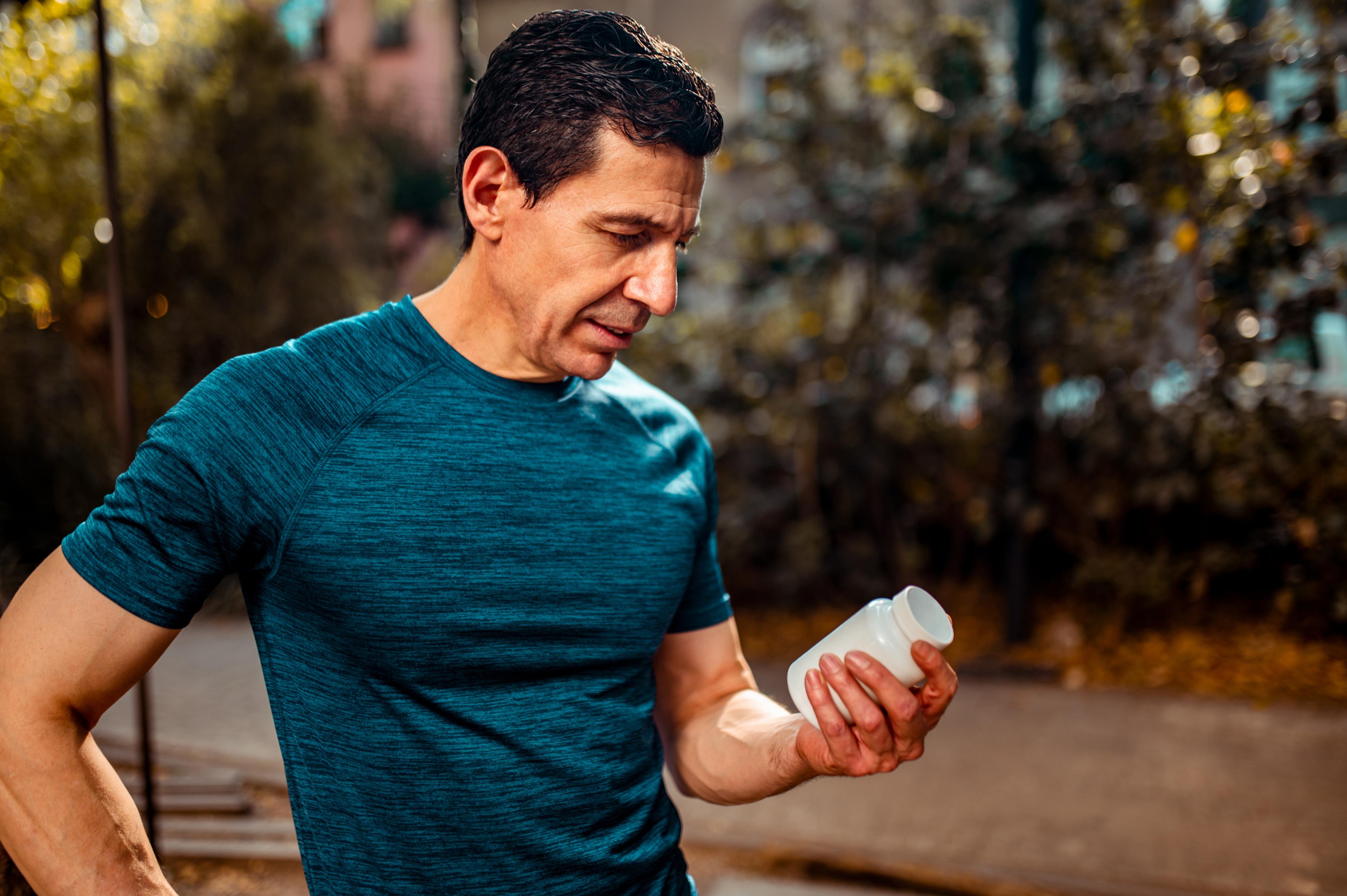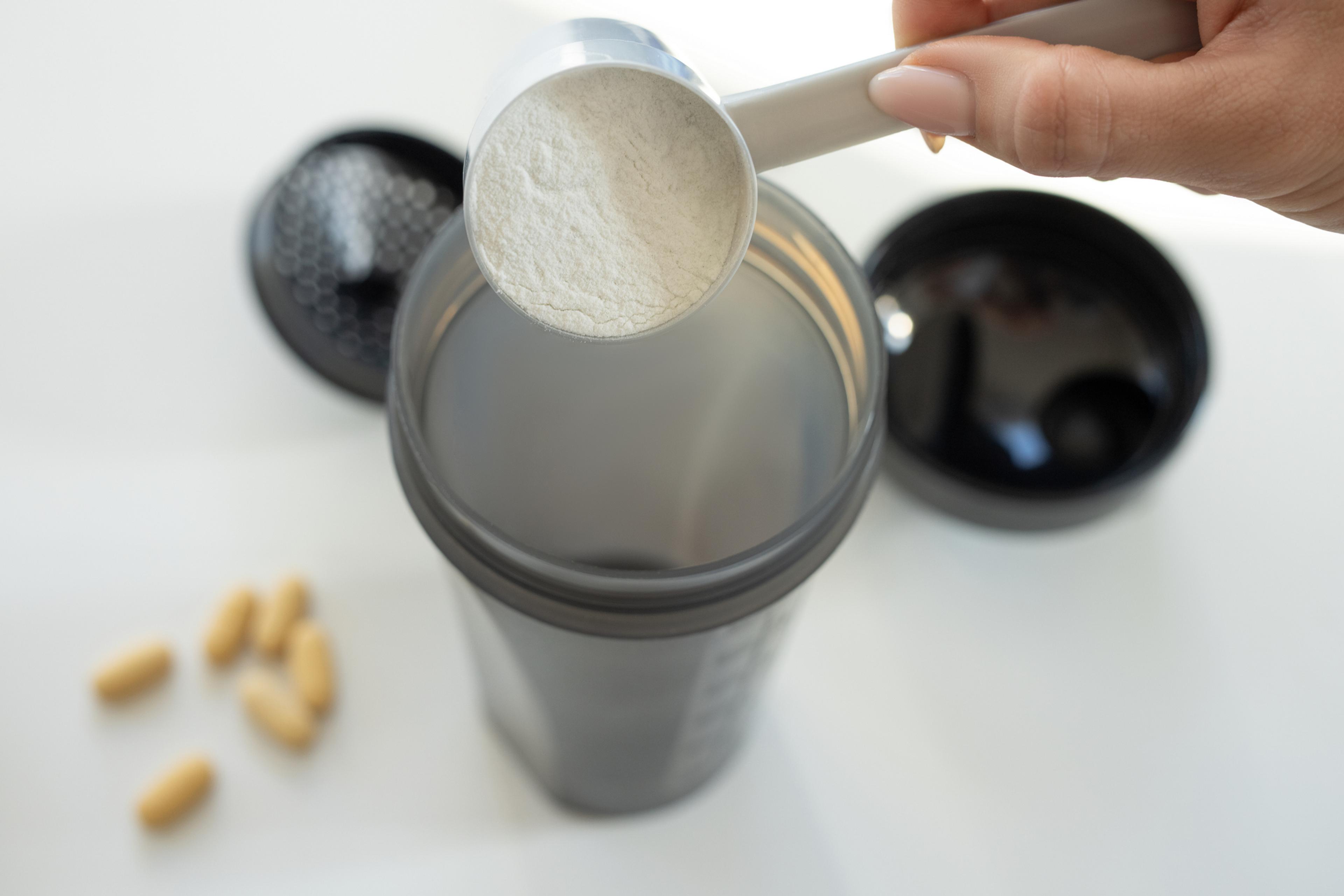Should You Work Out When You’re Sick?

Alyssa Witzleben
| 3 min read

As cold and flu season begins to peak this year, many of us are finding ourselves falling victim to the symptoms that come along with it. And as if adhering to a workout regimen isn’t hard enough, feeling sick can make it near impossible. It’s important to get a flu shot to help prevent these symptoms and keep you healthy year round, but if you find yourself feeling under the weather it is important to know when it’s time to put your workout schedule to rest.
Exercising is obviously a healthy habit, so if you are experiencing minor symptoms it is okay to continue light exercise while feeling slightly under the weather. The golden rule used by experts when judging when it’s time to rest is the “above the neck” rule. This rule states that if your symptoms are all above your neck, then you are okay to continue working out. Earaches, stuffy noses, runny noses and headaches are all not ideal symptoms for us to deal with, but not severe enough to fully prevent us from working out.
Working out with a minor cold or a stuffy nose can be beneficial in some cases, as it can open up blocked nasal passages and relieve symptoms. When suffering from earache conditions, it is okay to engage in light exercise that doesn’t put any pressure on the sinus areas. To sum it up overall: do not push your limits during your workout while sick, instead opt for lighter workouts until you have made a recovery.
If you do your workouts at a public gym, be extra cautious of sanitary habits. Germs are easily transferred through air and the machines everyone touches, so make sure to be vigilant about wiping down machines before and after you use them to prevent the spreading or picking up of any other germs. Also, make sure to increase your regular hydration habits when exercising while sick. Nasal drainage that occurs with colds and other sicknesses can naturally cause dehydration, so double up on your water intake to make up for the drainage and the workout.
If your symptoms are below the neck, it’s probably time for you to sit back and rest. Although you may feel guilty for skipping the gym, you need to listen to your body and give it time and rest to heal. Fevers, productive coughs, stomach bugs and any flu-like symptoms are a sure sign that you should be resting, not running. High-intensity activities such as spin classes, running and other intensive cardio can extend the amount of time you are sick because they temporarily suppress the body’s immune response.
Before returning to the gym after a sickness, it is important to make sure you are completely recovered. Many of us are anxious to get back to the gym after taking time off because we do not want to lose any progress, however studies have proven muscle loss does not occur until around three weeks without training. Taking the time to make sure your body has returned to full health will be far better for your overall health in the long run and help prevent you from picking up any other sicknesses while your immune system is already compromised.
If you found this blog useful, make sure to check out:
Photo credit: Pixabay





